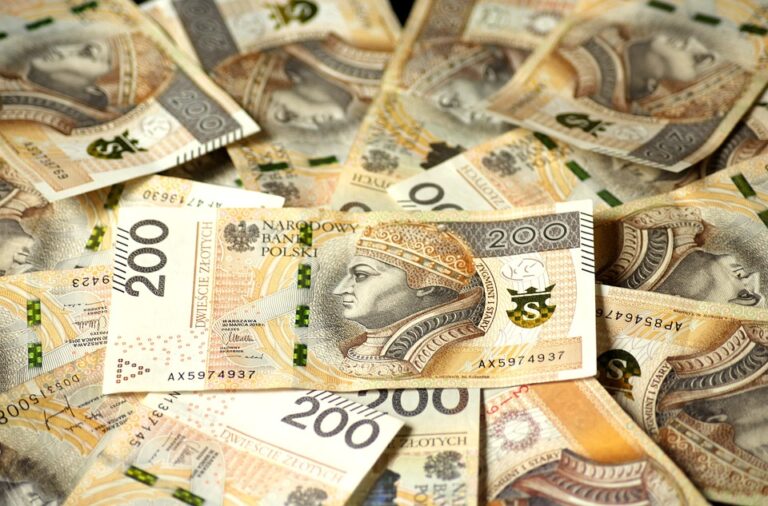Last updated Aug. 24, 2024 by Charles Zemub
Credit card rewards, be they cash back, points, or miles, are a popular incentive for consumers to choose a particular card or bank. If you’re earning a substantial amount from these rewards, you might be curious whether you’ll need to pay taxes on them. Understanding the tax implications of your credit card rewards is crucial for financial planning and compliance. This article delves into the complexities of credit card reward taxation and offers insights into different scenarios where they may or may not be taxable.
Understanding Credit Card Rewards
Before diving into taxation, it’s vital to understand what credit card rewards are. Credit card rewards programs offer various incentives based on your spending. They generally come in three main types:
- Cash Back: A percentage of your spending returned to you in cash.
- Points: Accumulated based on purchases, which can be redeemed for gifts, travel, or other perks.
- Miles: Typically geared towards travel-related expenses like flights or hotel stays.
General Rule of Taxation
As a general rule, the Internal Revenue Service (IRS) views most credit card rewards as rebates on purchases rather than as taxable income. This means if you receive rewards from simply spending money, such as through cash back, points, or miles, those rewards are typically not taxable.
Cash Back Rewards
For example, if you spend $1,000 on a credit card that offers 2% cash back, you would receive $20 in cash rewards. This $20 is considered a rebate on the $1,000 purchase and is not treated as taxable income.
Points and Miles
Similarly, points or miles awarded based on spending are typically considered non-taxable. If you use your credit card to buy a $500 plane ticket and earn 500 points, these points are seen as rebates and aren’t taxed.
Exceptions to the Rule
There are certain scenarios where your credit card rewards could be taxable.
Sign-Up Bonuses
If you receive rewards or bonuses just for signing up for a credit card and the bonus is not linked to a spending threshold, the IRS might consider this as taxable income. For example, if you receive 10,000 points upon approval of your credit card application without any spending requirement, the value of these points could be subjected to taxation.
Referral Bonuses
Referral bonuses are another area where rewards might be taxable. If you earn points, cash back, or miles for referring a friend to sign up for a credit card, those rewards can be seen as a form of income and could be taxed.
Business Credit Cards
Rewards earned on business expenses using a company’s credit card may have different tax implications. Companies often treat these rewards as reductions in expenses rather than income. However, independent contractors and self-employed individuals might look at these rewards differently, especially when calculating deductible business expenses.
Reporting and Documentation
Regardless of the type of rewards you are earning, it’s prudent to keep thorough records. If you believe that your rewards may be taxable, consult a tax advisor to ensure you’re reporting correctly and staying in compliance with IRS regulations. Failure to properly report could result in penalties, interest, or an audit.
✓ Short Answer
Most credit card rewards, such as cash back, points, and miles earned through spending, are generally not taxable. However, bonuses received without a spending requirement and referral bonuses can be considered taxable income. When in doubt, consult with a tax advisor.
Case Studies
Case Study 1: John’s Cash Back Rewards
John spends $1,500 monthly on his credit card, which offers 1.5% cash back. Over a year, John receives $270 in cash back. Since these rewards are tied to his spending, they are classified as rebates and are not taxable.
Case Study 2: Sarah’s Sign-Up Bonus
Sarah signs up for a new credit card offering a 30,000-point bonus after spending $3,000 within the first three months. Since the bonus requires spending a certain amount, it’s viewed as a rebate and not taxable.
However, if Sarah were to receive 5,000 points simply for signing up before using the card, the IRS might consider the value of those points as taxable income.
Case Study 3: Mike’s Referral Bonus
Mike refers his friend to open a credit card, earning 10,000 miles for the referral. These miles are viewed as a reward for a service (the referral), and their value may be taxable.
FAQs
Are cash back rewards taxable?
Typically, no. Cash back rewards are considered rebates on purchases rather than taxable income. Therefore, earning cash back on your purchases does not generally incur a tax liability.
Are travel points or miles taxable?
No, travel points or miles earned through spending are usually not taxable. They’re considered rebates against your purchases.
What about sign-up bonuses?
Sign-up bonuses can be taxable, particularly if they’re awarded without requiring any spending. If spending is involved to earn the bonus, it’s usually seen as a rebate and not taxable.
Are referral bonuses taxable?
Yes, referral bonuses can be taxable because they are seen as compensation for a service rendered (referring someone to the credit card).
How should I handle business credit card rewards?
For individuals who own businesses, the rewards from business credit cards are usually considered reductions in business expenses. It’s advisable to consult with a tax advisor to correctly document and report these rewards.
What documentation should I keep?
It’s prudent to maintain a detailed record of all your credit card transactions, rewards earned, and the terms of any bonuses or promotional offers. This will help ensure that you can accurately report taxable items and remain in compliance with IRS regulations.
Understanding the intricacies of credit card reward taxation can save you from potential pitfalls and ensure you gain the optimal benefit from your rewards with minimal tax impact. Always consult a knowledgeable tax professional to navigate any uncertainties.
By clarifying the key points about credit card reward taxation and answering frequent questions, this article aims to provide comprehensive guidance on whether your credit card rewards are taxable.





